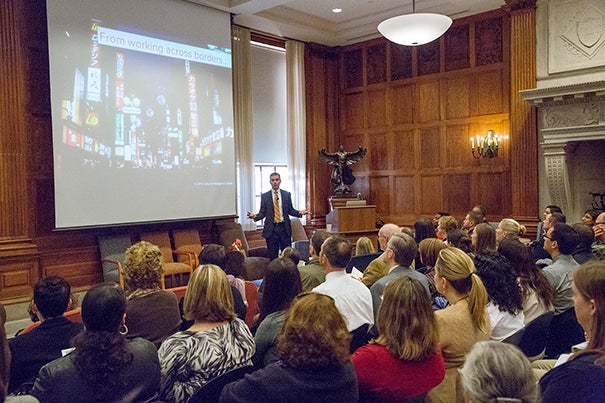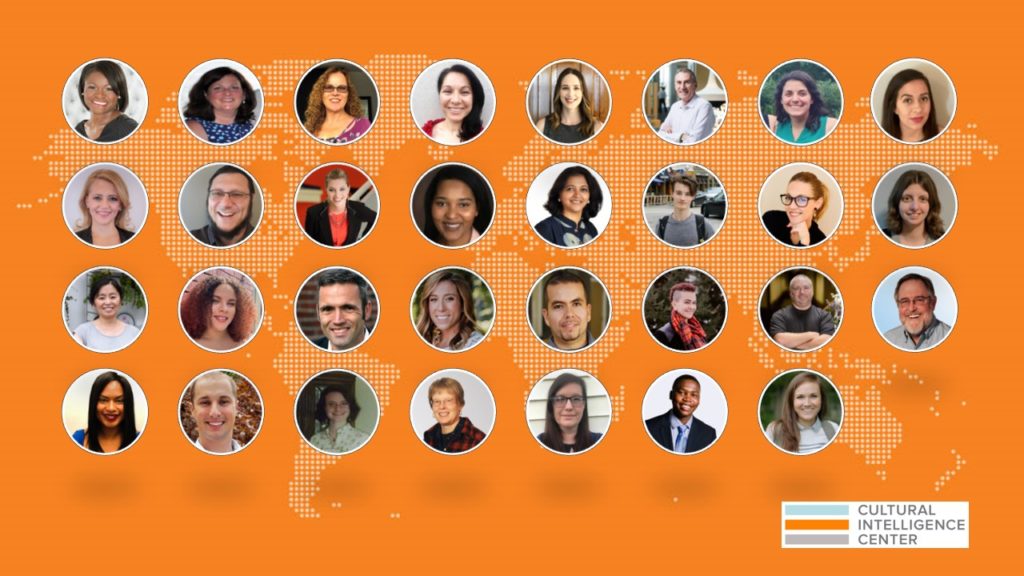

Kids in some regions of the country might already be better prepared for this changing landscape than those in other parts of the country. Today, 49 percent of children in this country ages 5 and younger are children of color China will soon be the number-one English-speaking country in the world and General Electric predicts that 60 percent of its new growth in the next decade will come from the developing world, compared to 20 percent over the past decade.

When parents consider the world’s rapidly shifting demographic profile, it’s clear that kids need new competencies to succeed. “When I interact with executives around the world about the topic of cultural intelligence, one of the most frequent questions I get asked is ‘Who is teaching our kids to be culturally intelligent? Isn’t it better to instill these values and capabilities in them when they’re young?’ I couldn’t agree more,” he says.Īs children become more culturally intelligent, they will get better at interacting effectively with their peers, today and in the decades ahead, Livermore notes. The term, popularized by scores of multicultural management tomes and textbooks since 2000, has effectively trickled down to education and parenting - which is exactly where cultural intelligence needs to begin, says Livermore. If “cultural intelligence” sounds like a workplace buzzword, that’s because it is. But experts say that it is possible - even simple - to build a child’s cultural quotient, beginning at birth. Modern children need to learn to succeed in an increasingly diverse, characteristically unpredictable global village, which requires a unique set of skills - one that many kids living in a fairly heterogeneous North American culture won’t acquire on their own.Īll of this may seem like yet another metric for busy parents to manage.
In short, Livermore says, it’s no longer enough to be book smart or even emotionally intelligent. How? By building his cultural intelligence or cultural quotient (CQ), an increasingly desirable trait for children growing up in today’s borderless world.īest-selling author David Livermore wrote The Cultural Intelligence Difference: Master the One Skill You Can’t Do Without in Today’s Global Economy, and he defines cultural intelligence as “the capacity to function effectively in a variety of cultural contexts - including national, ethic, organization and generational.” Global research conducted over the past decade shows that those with high levels of cultural intelligence are better able to adapt and thrive in a complex global society, he notes.

But it’s not just another Mommy-and-me class - this one may actually give Ari a leg up in school, work and life. And life is only getting busier: She’s expecting baby number two in May.Īfter some searching, Martin found Mis Amigos, a language learning center for children on Tacoma’s North Slope, and enrolled Ari in a parent-child course in the fall of 2011. “It was challenging for me to speak Spanish with him on a regular basis - we had a few books, but I wanted more,” she says. By the time her son, Ari, was born in 2009, Martin’s once-flourishing Spanish language skills were growing rusty, and she was too busy to do much cultural education at home. Tacoma chiropractor and mom Laelle Martin always knew she wanted her future children to embrace dual cultures: that of her native Pacific Northwest as well as the Latin American culture she grew to love when she spent a year and a half as an AmeriCorps volunteer in Puerto Rico after college.īut like most of the best-laid parenting plans, her lofty vision hit a few speed bumps.


 0 kommentar(er)
0 kommentar(er)
